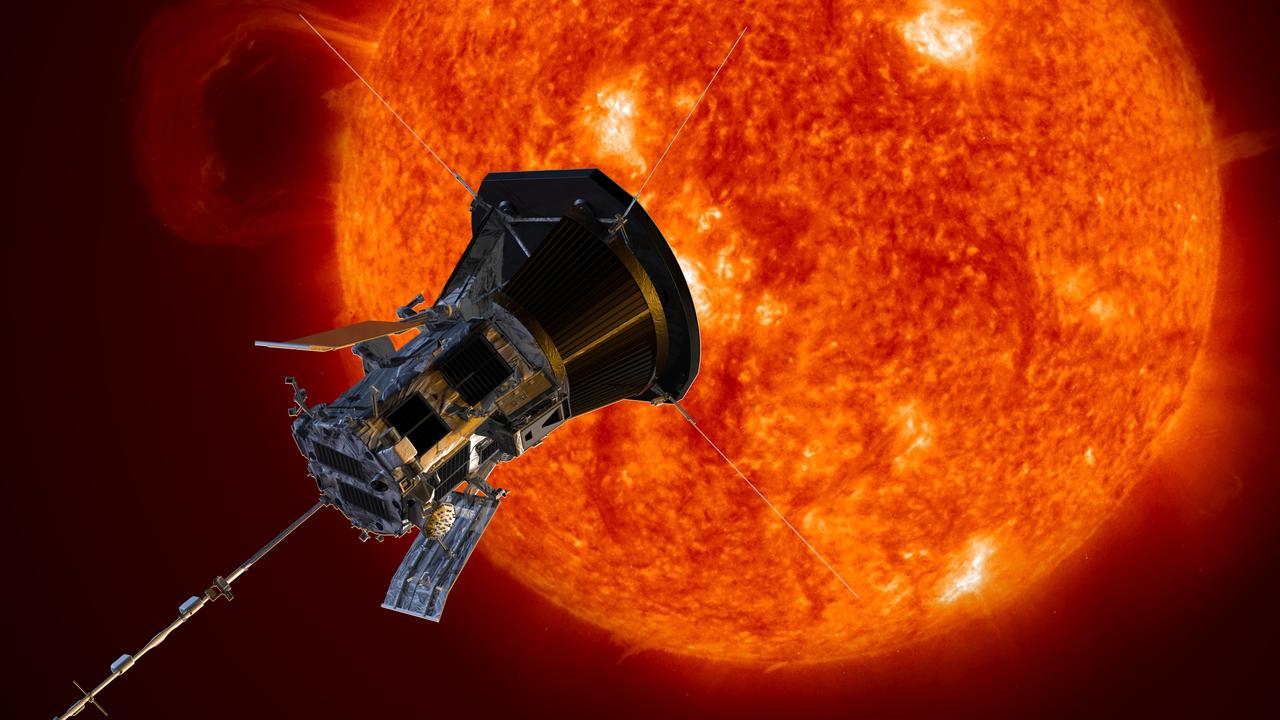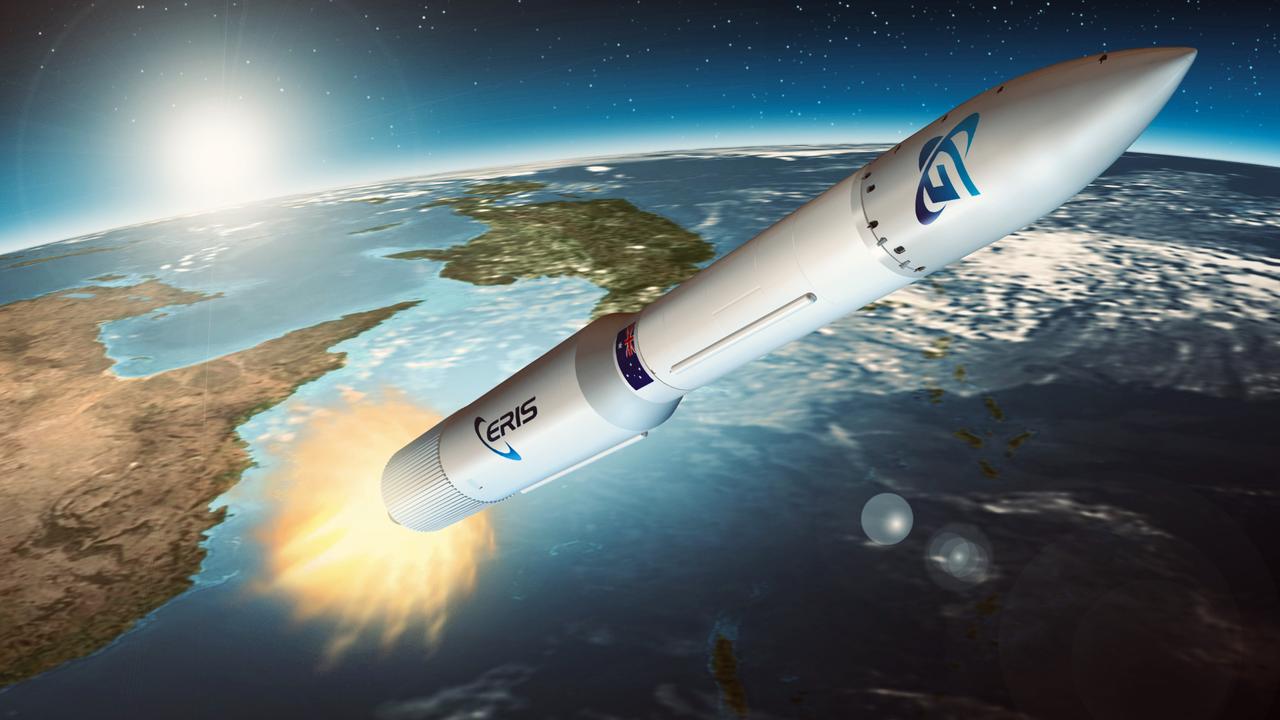$800m Aussie company you’ve never heard of
Australia’s fastest growing company is now worth an eye-watering sum and it has astronomical ambitions for the coming year.

Space
Don't miss out on the headlines from Space. Followed categories will be added to My News.
A pioneering Australian space company has secured $150 million in funding after being valued at more than $800 million.
Fleet Space Technologies — which has been named one of Australia’s fastest-growing companies — uses satellite-enabled technology to hunt critical minerals.
Now it looks to grow even faster after it was given the funding boost by Teachers’ Venture Growth (TVG), part of the Ontario Teachers’ Pension Plan, and supported by other investors, including Blackbird Ventures and Hostplus.
This funding will enhance Fleet Space’s ExoSphere platform, which uses advanced technology to accelerate the discovery of critical minerals needed for clean energy while minimising environmental harm.
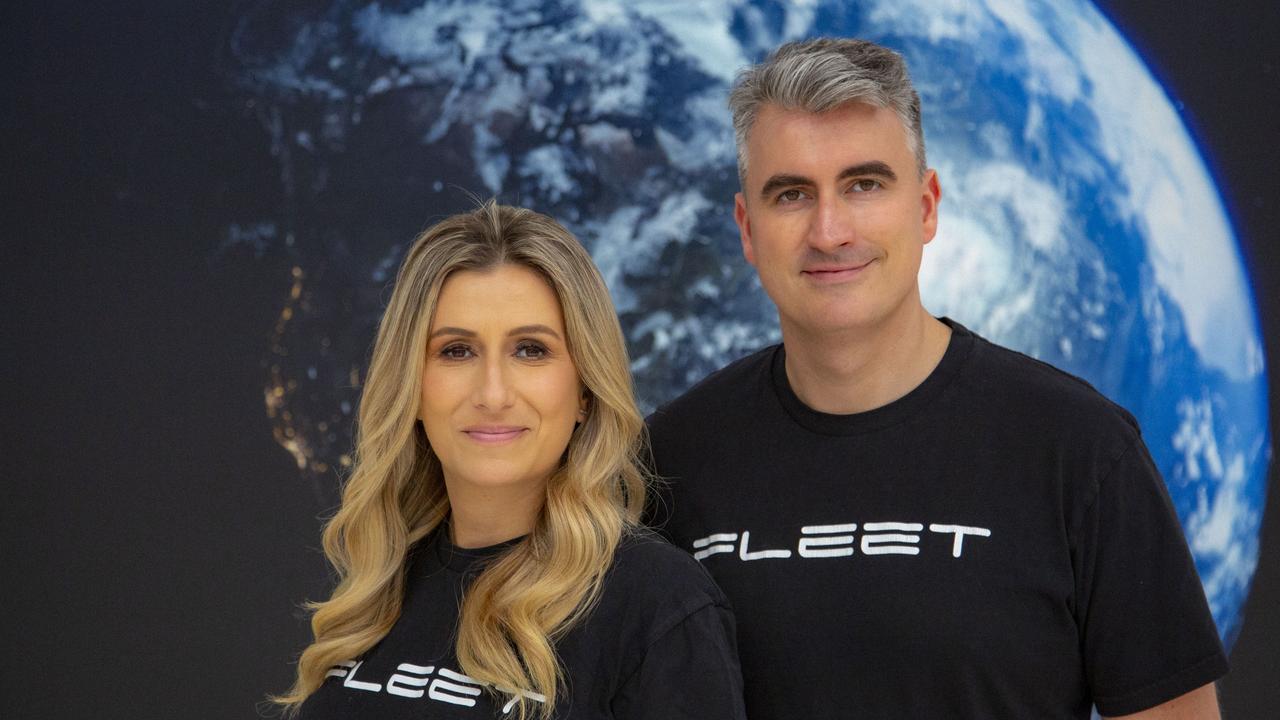
MORE: Australia’s fastest growing salaries
Fleet Space, founded by space engineers Flavia Tata Nardini and Matt Pearson, combines satellites in low Earth orbit (LEO), smart seismic sensors, and artificial intelligence to create an integrated solution for mineral exploration.
It streamlines data collection and analysis, providing mining companies with faster, higher-quality insights while reducing environmental impact.
The company has seen massive growth over the past year, expanding globally with offices in the US, Canada, Chile, and Luxembourg.
It now employs over 130 people and has deployed ExoSphere for more than 40 major exploration companies across five continents.
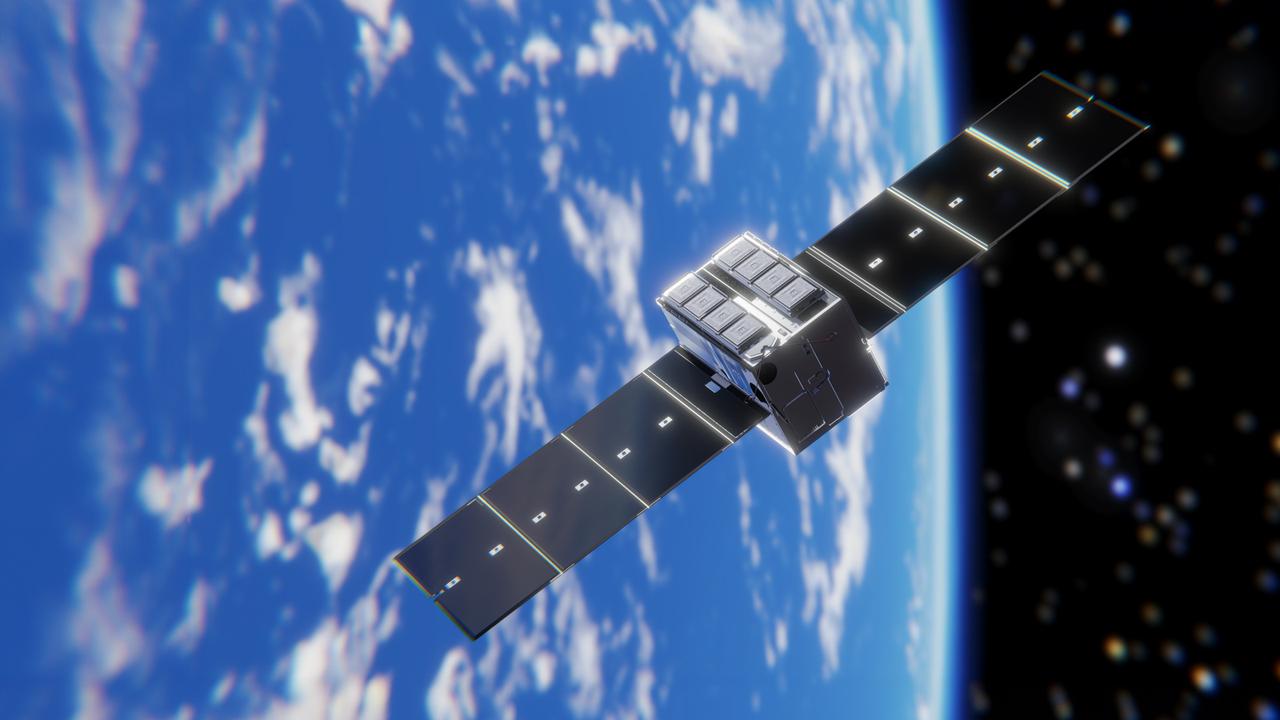
MORE: Future jobs: Emerging industries and jobs of the future
Fleet Space has worked on notable projects, including conducting the world’s largest real-time 3D imaging survey in Australia’s Macquarie Arc and the highest real-time 3D imaging survey in Chile’s Atacama region.
The company also launched ExoSphere Discovery, a breakthrough AI tool that predicts areas with high mineral potential, revolutionising mineral exploration.
This latest funding round reflects strong investor confidence in Fleet Space’s vision and technology, even amid challenging economic conditions.
According to Ms Nardini, the company’s CFO, the investment is a testament to Fleet Space’s ability to address both climate change and mineral exploration challenges through sustained innovation.
“There are two versions of the future. One where we bend the latest advances in space, AI, and big data towards building a clean energy future and another where we risk net-zero targets falling out of reach as the rate of new discoveries of energy transition minerals continues to decline,” she said.
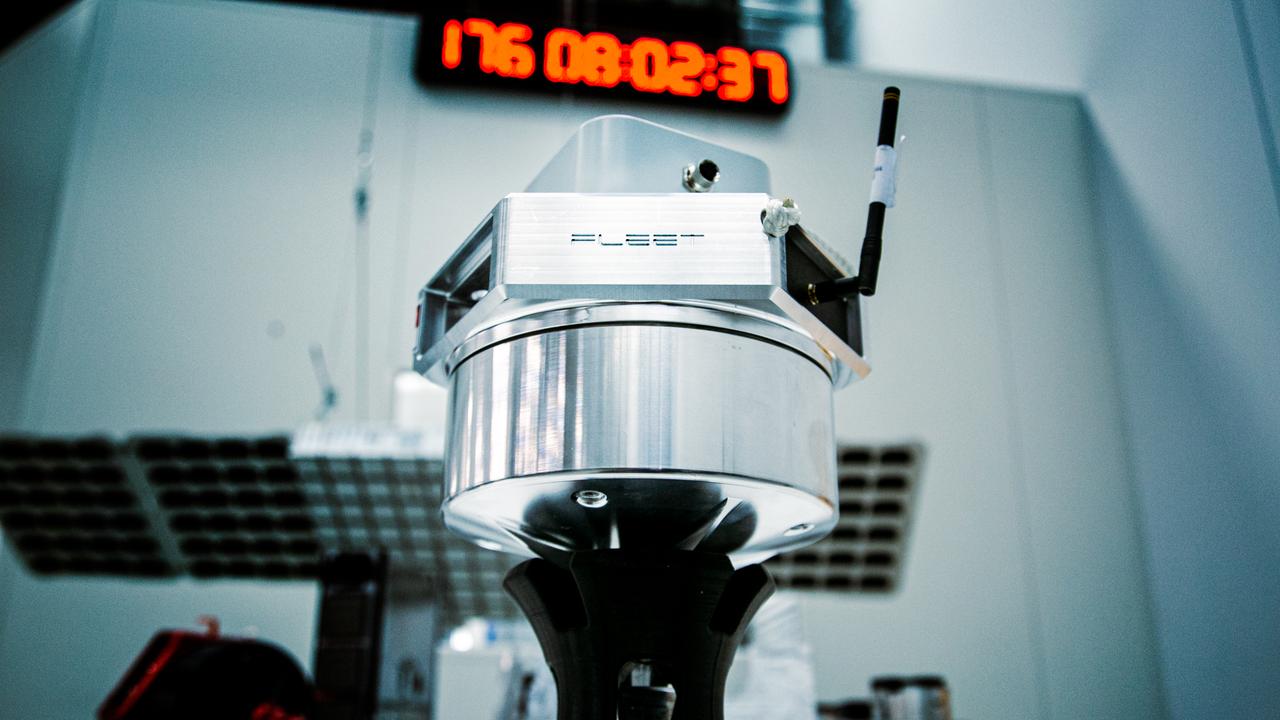
“With ExoSphere, we have combined these technologies into an end-to-end platform that seamlessly integrates with and compliments modern mining operations – making the frontier of exploration technology accessible to the global mining industry within a single workflow. This is a fundamental step to unlock humanity’s potential for making extraordinary discoveries with less environmental impact.”
Beyond Earth, Fleet Space is laying the groundwork for space exploration.
Its SPIDER sensors, developed for ExoSphere, will be deployed on the Moon in 2026 to study its subsurface. Fleet Space is also collaborating with MIT’s Space Exploration Initiative to support off-world research for future missions to Mars and beyond.
Additionally, the company recently unveiled a cost-effective satellite communication system using its Centauri-4 satellite.
Fleet Space’s advancements in space, AI, and 3D imaging are driving progress in both terrestrial and extraterrestrial exploration.
It’s clear the company’s ambitions have investors excited.
Announcing the $150 million boost today, Rick Prostko, Senior Managing Director at TVG, said the minerals found by the new tech are crucial for the world to meet its net-zero emissions targets.
“Current mineral exploration methods are inadequate for efficient discovery and production. Fleet Space addresses this with advanced 3D subsurface imaging and AI analysis tools, which have the potential to sustainably transform the industry,” he said.
“We are proud to support the multidisciplinary team at Fleet Space in their efforts to accelerate the global energy transition.”
As humanity aims to build research stations on the Moon and Mars, the company could play a pivotal role.
Originally published as $800m Aussie company you’ve never heard of

